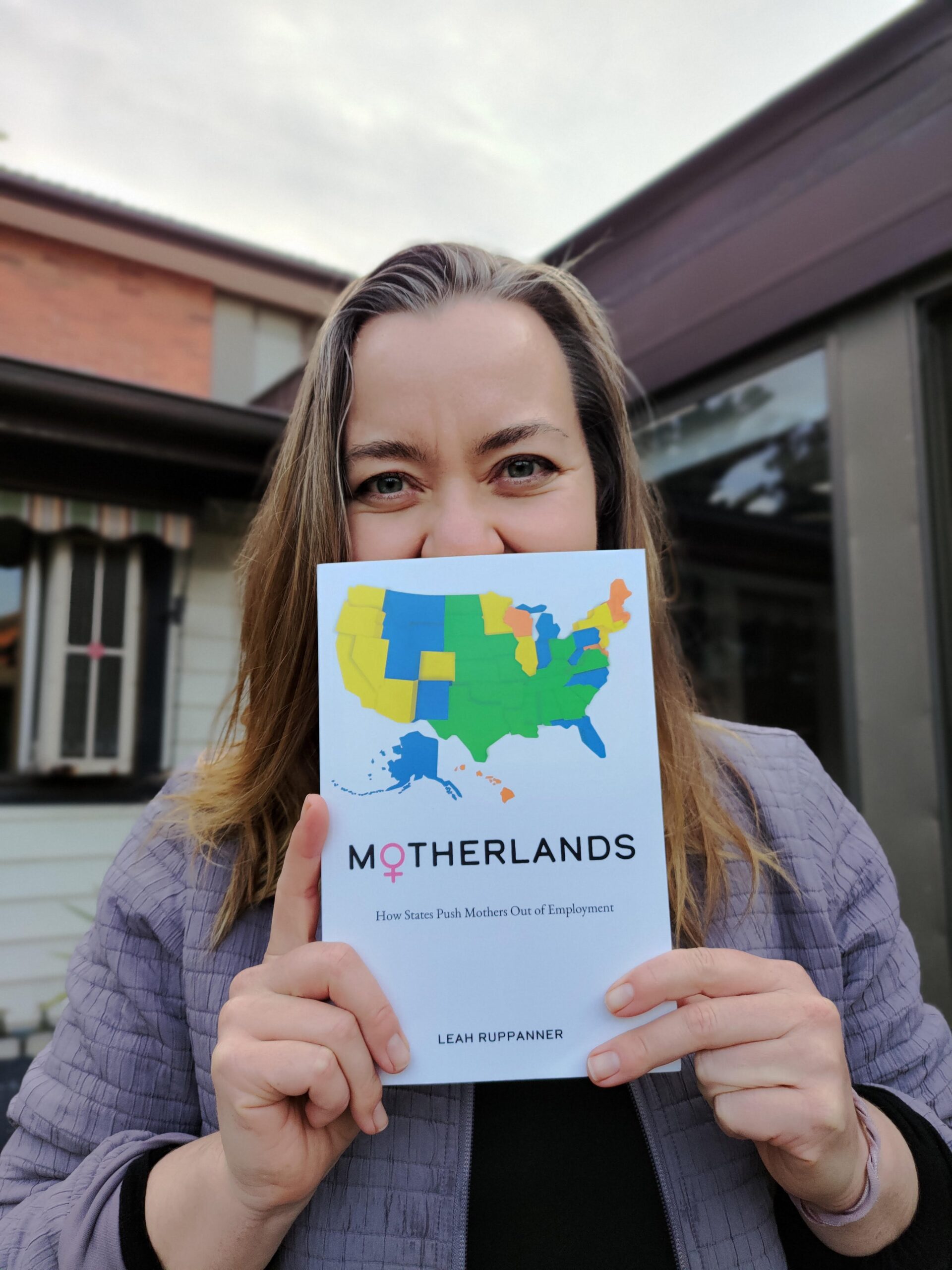Women, particularly mothers of young children, are being disproportionately affected by COVID-19 in terms of negative employment, caring, and emotional and financial wellbeing outcomes. This was a key message from a presentation to the 2021 Life Course Centre seminar series by Associate Investigator, Associate Professor Leah Ruppanner of the University of Melbourne.
Leah’s online seminar in August, attended by more than 60 people from across all four Australian university nodes of the Life Course Centre, highlighted a large body of research she has undertaken in the United States and Australia on the gendered consequences of COVID-19. “COVID has illuminated and crystalized existing trends around women and gender,” she said.
The ways in which COVID-19 has disproportionately impacted on women’s employment includes: a higher loss of jobs and work hours and slower recovery than men; clustering of employment in hardest hit industries (e.g. hospitality and retail); greater responsibility for child care which makes employment especially difficult during school closures. As a result, women – in particular, mothers with young children – have been more likely to ‘scale back’ or ‘opt out’ of employment during COVID.
COVID-19 has seen a widening of employment gender gaps even when both mothers and fathers work or telecommute as households retreat to traditional breadwinner models and mothers take on larger shares of child raising, caring, and housework responsibilities, Leah said. Her US research shows that it is mothers who are the most disadvantaged and feeling the most anxious and financially worried about employment and domestic changes stemming from COVID.

“The COVID-19 pandemic has not equalised gender relations, but rather disadvantaged mothers,” Leah said. “Mothers are being knocked out of employment at higher rates than fathers and their mental health is impacted by unstable employment and larger domestic loads.”
Leah said institutionalised settings, systems and structures matter when investigating policy solutions to enable women to recover from the negative impacts of COVID. Using the USA as a lens, this includes settings such as longer school days, accessible and affordable childcare, and mobility.
Look out for more presentations in the 2021 Life Course Centre seminar series coming soon.
